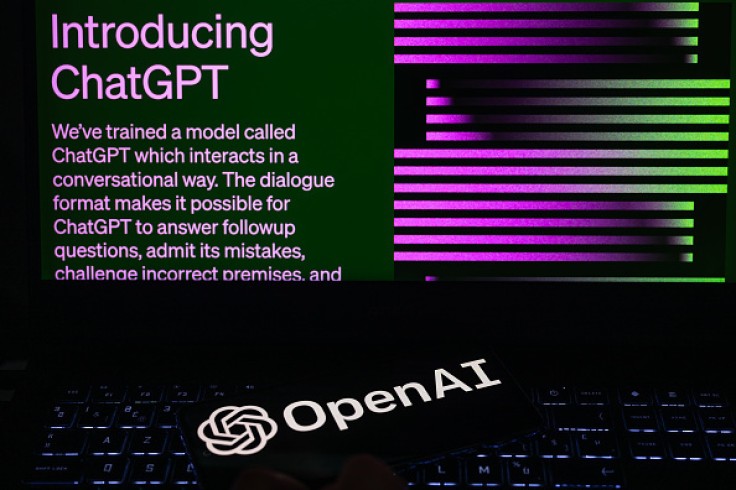OpenAI still can't escape the allegations of it using copyrighted materials to train its AI chatbot, with The New York Times joining the long list of those who claim to have been infringed. The AI company defends itself by saying that The New York Times "is not telling the full story."

OpenAI Says NYT 'Cherry-Picked' Results
In The New York Times lawsuit, the news organization claims that ChatGPT can generate its articles verbatim, meaning that it managed to give an example word for word. That can be problematic since NYT articles are protected by copyright.
OpenAI, in response, said that the news outlet manipulated the prompts in order to get the result they wanted, and that OpenAI's models don't typically behave the way The New York Times insisted it does, as reported by The Verge.
As such, the AI giant claims that the publication may have "cherry-picked" their examples to make it look like ChatGPT was infringing its work. Furthermore, OpenAI tried to wiggle out of the accusation by saying that the articles were already more than a year old and had appeared on third-party sites.
It's quite possible that the AI model learned this from a different site. ChatGPT has already removed a feature that may have caused this called "Browse" and it was done so approximately a year ago, which means that the timeline might align.
Despite all the tension between the two companies, OpenAI still hopes to have a gainful partnership with The New York Times, along with other companies and publications to help its AI models grow and learn. Based on the Times' response to the situation, that's not likely to happen.
OpenAI stands its ground when it comes to the use of copyrighted works, saying that even though it respects the limitations of copyright, the content it protects should still fall under fair use rules as AI models need to use "the enormous aggregate of human knowledge."
AI Companies Using Copyrighted Works
The sad fact is that OpenAI is not the only company that has been accused of using copyrighted content. Other AI parent companies have been at the receiving end of a lawsuit after their AI tools have recreated artwork and other forms of content similar to an existing one.
In fact, another one emerged even before The New York Times lawsuit was resolved. Authors Nicholas Basbanes and Nicholas Gagealso accused OpenAI of using their creations for its GPT models, and that they should be compensated for it.
According to Coin Telegraph, the lawsuit was filed on January 5th in a Manhattan federal court. The two authors are asking for up to $150,000 in damages for each infringed work, but it still doesn't match with the massive amount that the news organization is asking, which can reach up to "billions of dollars."
This is the reason why most creators could benefit from the AI Foundation Model Transparency Act filed by D-CA Representative Anna Eshoo and D-VA Representative Don Beyer, as AI companies will soon have to disclose where they get their training data from.









